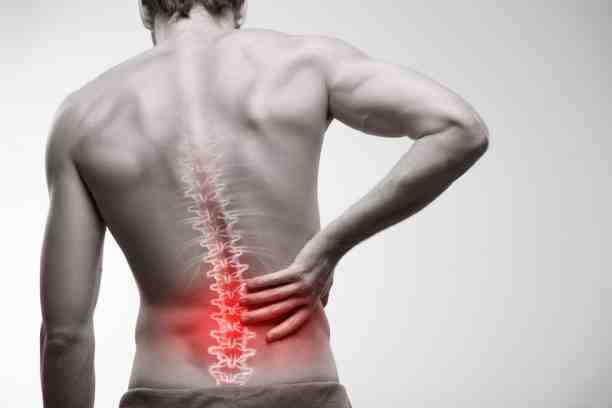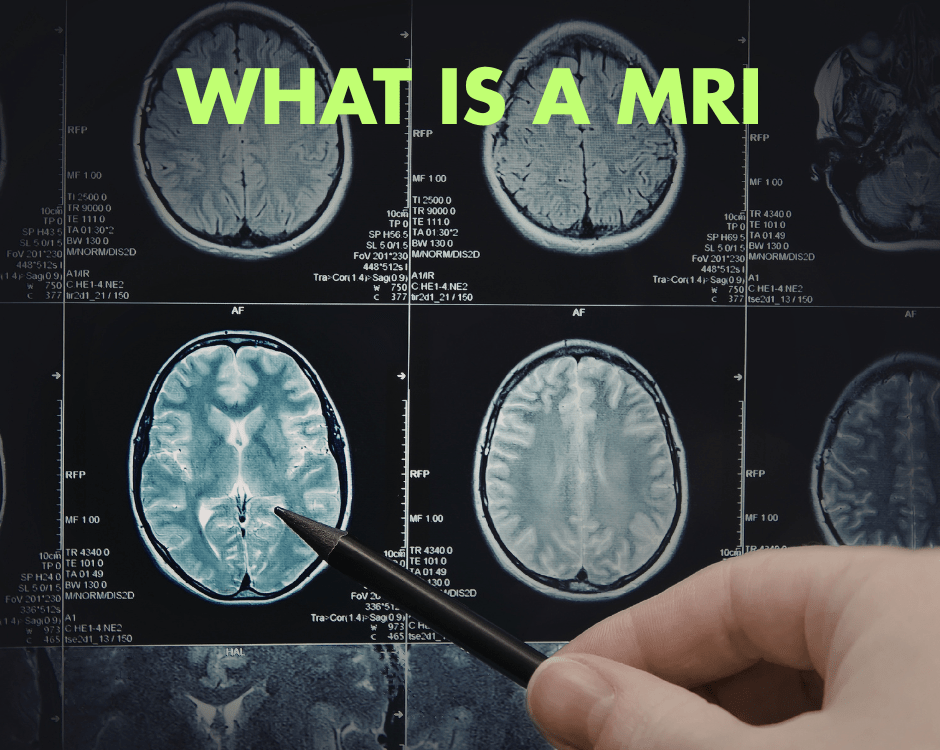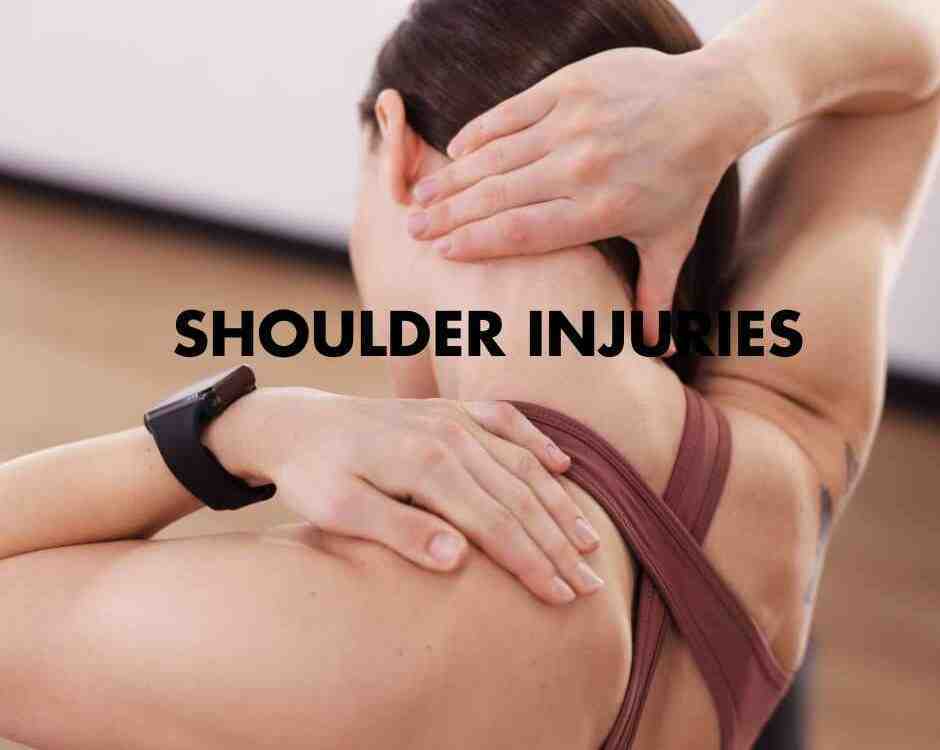Radiculopathy Following Motor Vehicle Accidents

Lower Leg Pain
April 25, 2025
Blood Pressure Basics
April 25, 2025- Accident doctor
- accupuncture
- airplane headache
- alzheimer's
- best habits
- Brain Injuries
- car accident
- car accidents
- cervical strain
- colds
- concussion
- Concussions
- disc bulge
- dosage meds
- dry needling
- dull pain
- E bike injuries
- florida
- good posture
- headaches
- Headrest positions
- Headrest positions after an accident
- Healthy choices
- Healthy flying
- healthy gift guide
- Healthy SPring Ideas
- hip pain
- hyperextension
- injury doctor
- insurance
- Kayaking
- kentucky
- kids motion sickness
- lifestyle
- motion sickness
- neck injury
- no fault insurance doctor
- noise healing
- osteoporosis
- pain symptoms
- pink noise
- posterior chain
- posture
- prevent osteoporosis
- Rest
- Scoliosis
- shoulder pain
- Stress with kids after a motor vehicle accident
- TBI
- tips
- tmj
- torn muscle
- Traumatic Brain Injury
- trigger points
- VitaminD
- What are Post Traumatic headaches?
Radiculopathy Following Motor Vehicle Accidents
Motor vehicle accidents (MVAs) can be traumatic on your spine, while leaving injuries that are not immediately obvious. At Chambers Medical Group, one of the highest rated car accident medical care establishments in Kentucky, we frequently see patients with radiculopathies that were not present before their accident. These are typically from irritated or compressed spinal nerves following the collision. It is usually caused by extreme forces from the MVA transitioning throughout the body. Knowing why radiculopathy occurs can help you spot it early and seek treatment before it spirals into something worse. Dr. Aaron Workman of Chambers Medical Group discusses key reasons it happens after an accident.
- Nerve Irritation
The discs cushioning between your spine’s vertebrae are built for flexibility, but they are not invincible. During an MVA, the sudden impact can strain or tear these discs, causing them to bulge or herniate. When this happens, the disc material can irritate nearby nerve roots, setting off radiculopathy. Think of a lumbar disc in your lower back getting jerked forcefully and now you are dealing with pain shooting into your leg, or a cervical disc in your neck sending tingles down your arm. This nerve irritation does not always start right away. It can brew for days, turning typical soreness into a persistent problem. If anti-inflammatories are not cutting it, that is your wake-up call to get checked.
- Disc Pressure
Sometimes, the damage goes beyond irritation to all compression. A herniated disc does not just sit there but can press directly on spinal nerves. This is a major cause of radiculopathy after an MVA, especially in the lumbar or cervical regions. This can result in those radiating symptoms that travel far from the injury site. Lower back pain might shoot into your buttock or foot, while neck pain could travel into your shoulder or fingers. These feelings of achiness, tingly, numbing, or even weakness is your signal that a disc’s pressure is disrupting nerve function. Left unchecked, this compression can escalate, making it important to be addressed ASAP.
- Spinal Strain Limits Mobility
MVAs do not just affect discs, but they strain the entire spinal system causing stiffness that you feel in the back and neck. A damaged disc reduces flexibility, and when nerve roots get involved, movement becomes a battle. Several days after an MVA, if bending, twisting, or turning your head feels nearly impossible, radiculopathy could also be in play. This is not just muscle soreness, but it is your body noting the nerves and spine are not happy. This lack of mobility typically comes with weakness that will make everything feel worse. The longer it lasts the more likely it is coming from a disc compressing and irritating nerves. If evaluated early enough and treated, the likelihood of a positive outcome increases.
Radiculopathy following an MVA is not always evident at first. Symptoms like radiating pain, numbness, or stiffness can creep up over days or weeks, and may get ignored as typical aches. In some cases, more severe disc damage could even compress the spinal cord, leading to emergencies like bowel or bladder issues. More commonly, it is the constant pain, weakness, or mobility struggles that let you know something more is going on. At Chambers Medical Group, we have treated many MVA patients with these exact issues, so we know the signs. If you have been in a MVA and suspect you may have a radiculopathy, or just want peace of mind, our doctors can help find the cause and guide you back to health.
— This article is written by Aaron Workman, DC, one of the members of Chambers Medical Group’s team of car accident chiropractors who offer a variety of treatments and therapies ranging from diagnostic testing to various soft tissue therapies for car accidents and injuries in Kentucky.




